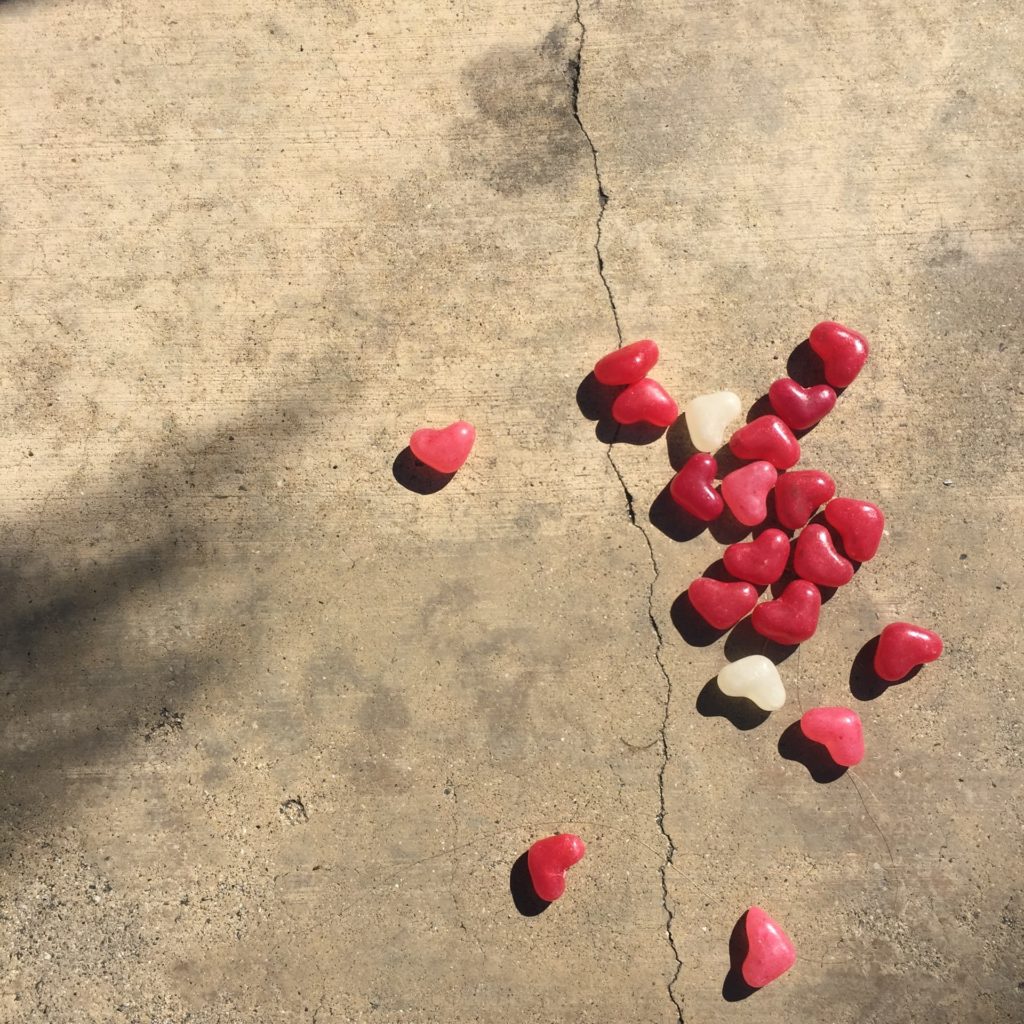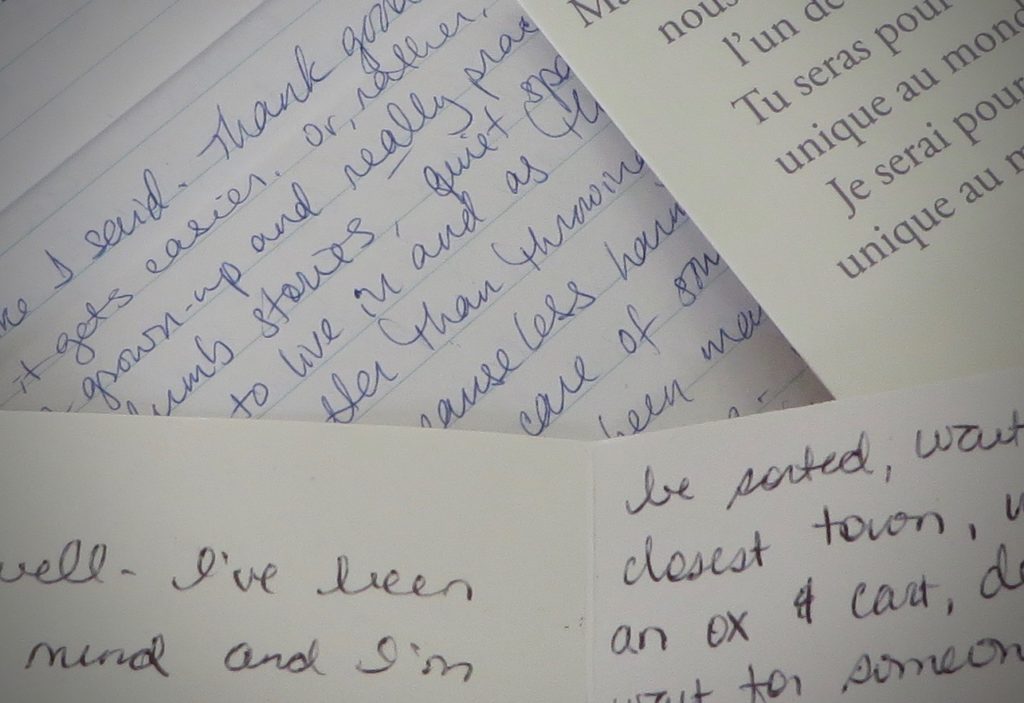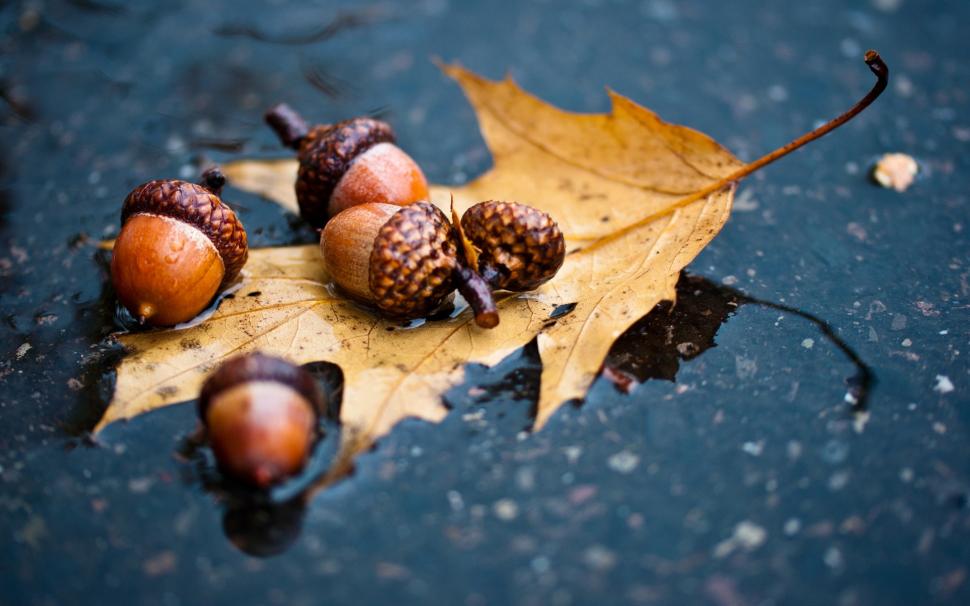
It’s like we’re in a well. That’s what I say when people tell me about their angry and overwhelmed children, collapsed businesses, lost jobs, bankruptcy, overdue bills, sick and lonely parents, dead relatives, meltdowns and panic attacks, insomnia, and terror of going back to the classroom, the workplace, the polls. How can we begin to describe the descent we’ve taken into a darkness beyond reach or rescue?
It’s like a well, I say, we’ve fallen to the bottom of a well. I could never describe it quite right until I remembered that day in October 1987, a day I can still picture vividly.
She was 18 months old and 22 feet below ground.
No one knew how she ended up there. One minute she was in a yard of toddlers at her aunt’s house in Midland, Texas. The next minute she had disappeared down the top of an 8-inch-wide well casing. Rescue workers came within minutes and they thought they’d have her out within hours.
But it didn’t go quick.
That day, workers finished the first part of the rescue. They drilled a parallel shaft and started to bore a horizontal tunnel to reach the spot the baby was stuck. But the ground was rock, and jackhammers didn’t work when you tried to drill horizontally. The first day turned into the second and then the third. They had to come up with something else.
They weren’t sure she could make it that long.
Oxygen was piped down the shaft but there was no way to get her food or water. They dropped a microphone down and listened to her breathing. A space that small and deep is dark and stays dark. Alone and afraid, she cried and moaned and shouted. And then they’d hear her singing a children’s song and knew she was still okay.
It took 58 hours.
After an eternity, with everyone in the world watching anxiously, she was lifted up into the glare of lights on live TV and then kept a month in the hospital. There were many surgeries but she grew up like any baby to have what you’d call a normal life, with normal joys and pain, normal love and sadness, everything that goes along with life above ground. She has no memory of the events that happened 33 years ago last week, but some of us can’t forget.
We are in a well right now.
But we can remember the light. We can remember the song. People are helping, and we’re in it together.
The rescue of Baby Jessica on TV.
Photo by Steven Wright on Unsplash


 It’s okay to be angry. Be totally angry. You don’t have to build it, bury it or chew it. Anger incinerates itself, and it will end.
It’s okay to be angry. Be totally angry. You don’t have to build it, bury it or chew it. Anger incinerates itself, and it will end.




 Teachable moment – a learning opportunity for a child to acquire new information, values, morals, a new behavior or a new skill, or a new way of expressing and coping with an emotion.
Teachable moment – a learning opportunity for a child to acquire new information, values, morals, a new behavior or a new skill, or a new way of expressing and coping with an emotion. You are the sky. Everything else—it’s just the weather. Pema Chodron
You are the sky. Everything else—it’s just the weather. Pema Chodron

 At about 3:30 p.m. on Saturday, Facebook newsfeeds were updated with the posting, “Karen Maezen Miller and Georgia Miller are now friends.”
At about 3:30 p.m. on Saturday, Facebook newsfeeds were updated with the posting, “Karen Maezen Miller and Georgia Miller are now friends.”
